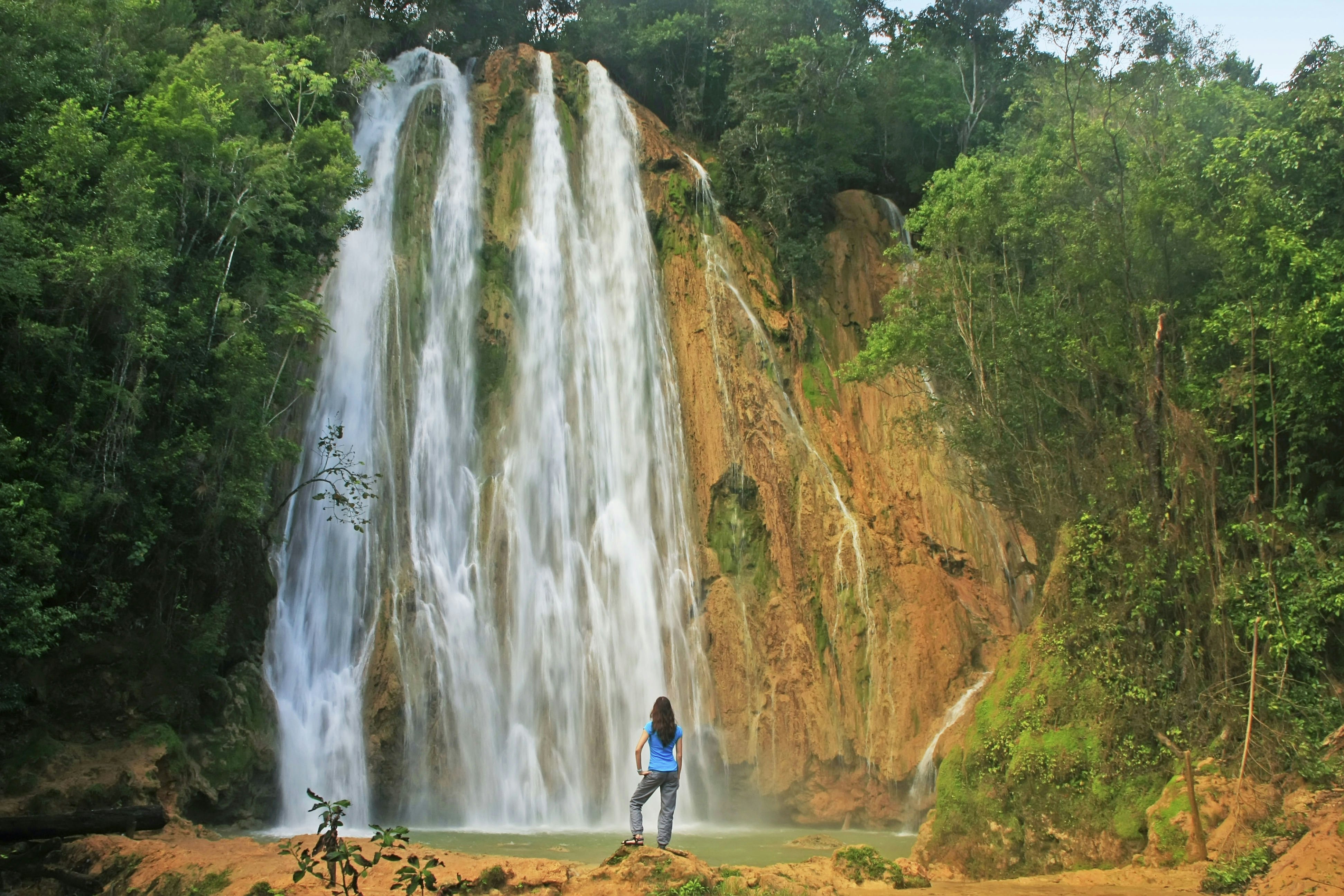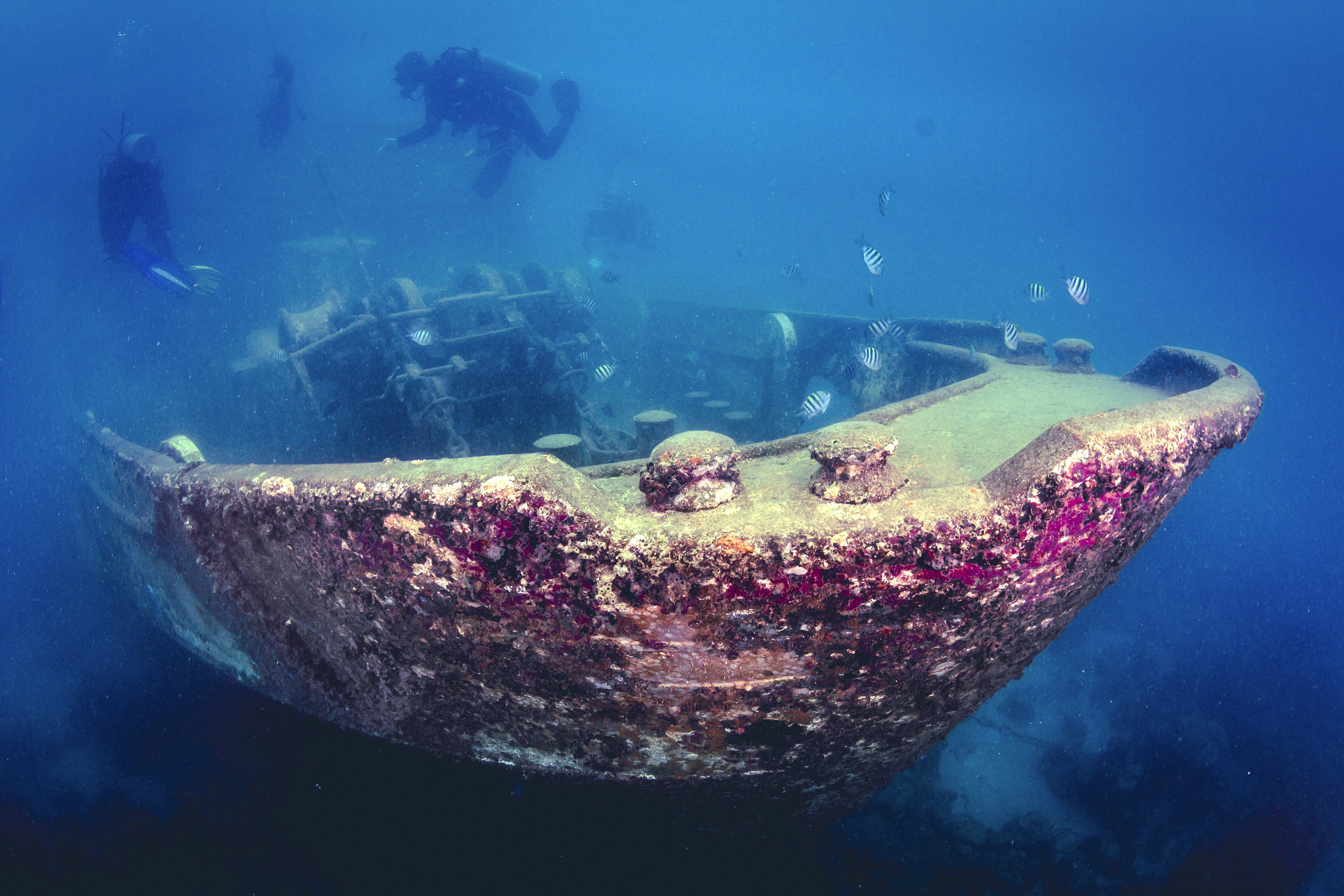
The 30 best countries, cities and regions to visit in 2025



While the stormy summer is the low season, you'll see some sun in the Dominican Republic at any time of year. Matt Munro/Lonely Planet
Basking under the tropical sun and bathed by warm Caribbean waters, the Dominican Republic is an enticing destination in any season. Whether your dream island getaway involves soaking up the sun in blissful peace at a luxe resort, snorkeling or diving on pristine reefs, watching whales off the coast, hiking to cascading waterfalls, or maneuvering an ATV through jungle-covered hills, this Caribbean island won't disappoint.
As with other Caribbean isles, the winter high season sees crowds on the beaches and peak prices. The summertime off-season brings blistering heat, along with occasional midday thunderstorms that dissipate as quickly as they arrive. However, this is one of the best times to score a deal on your travel package, as prices fall in line with falling visitor numbers.
Whenever you come, there'll be something happening on the cultural calendar, from carnival parades to spirited celebrations of merengue music and dance. Here's our guide to the best times to visit the Dominican Republic.

Sun-kissed days and dry skies make the period from December through to April the prime time to visit the Dominican Republic. Daytime temperatures hover between a refreshing 70ºF (21ºC) in the morning and evening and a warming 82ºF (28ºC) in the heat of the day, although you'll find it's a bit cooler in the mountainous interior of the island.
The rain and humidity that hug the island in summer are practically non-existent during the winter months, making this the perfect time for both relaxing on the beach and exploring inland. The country hosts lots of festivals during this period, making this a great time to mingle with the locals and dive into the island's culture.
The only problem is that everyone else will have reached the same conclusion, making every corner of the island crowded at this time of year. Expect packed venues and higher prices for accommodations and excursions — especially around the Christmas holiday and spring break peaks.

When it comes to events, Christmas and New Year's are celebrated with gusto, with plenty of boisterous New Year's Eve events. January is the peak of the whale watching season off the Península de Samaná, with regular sightings of migrating humpback whales through to mid-March. Religious feast days abound, and the Guloya Festival in San Pedro de Macorís in January celebrates the island's Cuban influences.
February is the prime time for people-watching and partying, with big crowds of rowdy revelers taking advantage of the final day of Carnaval, which coincides with the Dominican Republic's Independence Day (February 27). Some of the Carnaval parades continue through into early March. February also sees the Master of the Ocean contest, attracting top-of-their-field water sports pros, while March is filled with Latin beats for the Isle of Light Music Festival.

Couched between the idyllic weather of high season and the bargain prices of low season, May brings the best of both worlds. With sunny skies, warm water temperatures and limited rainfall, you can escape the peak season crowds and still take full advantage of the Dominican Republic's myriad outdoor activities, from snorkeling and kiteboarding to hiking and horseback riding.
Daytime temperatures creep into the high 80s (the low 30s centigrade), making dips in the ocean extremely refreshing, but the trade winds coming in from the coast help to keep things comfortable, taking the edge off the heat. With the departure of the high-season crowds, you can find some great travel deals for your stay.

Summer in the Dominican Republic means daily rainstorms and the start of the annual hurricane season. It doesn't rain all day every day, but blazing temperatures mixed with frequent downpours contribute to soupy levels of humidity that most travelers are keen to avoid. But the less-than-ideal weather also makes the off-season an incredible deal when it comes to booking hotels and excursions at bargain rates.
While rain is often on the forecast, the good news is that storms sweep through just as fast as they came in. You can always count on the sun to make its way out from behind the clouds in quick order, and all manner of activities on land and sea are still on the menu, with good conditions for diving from June to September.
The festival calendar is busy, too. June sees the Puerto Plata Cultural Festival, foodie events for the Punta Cana Food and Wine Festival and celebrations of the island's African heritage during the drum-soundtracked Espiritu Santo Festival, while it's all about dancing during the Merengue Festival in Santo Domingo in July. Tourism starts to pick up from October to November, and the island sees another spate of musical festivities, including the lively Festival Presidente.

June kicks off the Caribbean's hurricane season, which runs through November, bringing a chance of severe weather. Big storm fronts are more likely in August and September, but any month during the hurricane season is fair game for a major storm. While direct hits are infrequent, it pays to have decent travel insurance if you're planning to visit at this time, just in case a hurricane decides to crash the party. Hurricane Beryl caused some damage on the island in July 2024.
Plan with a local
